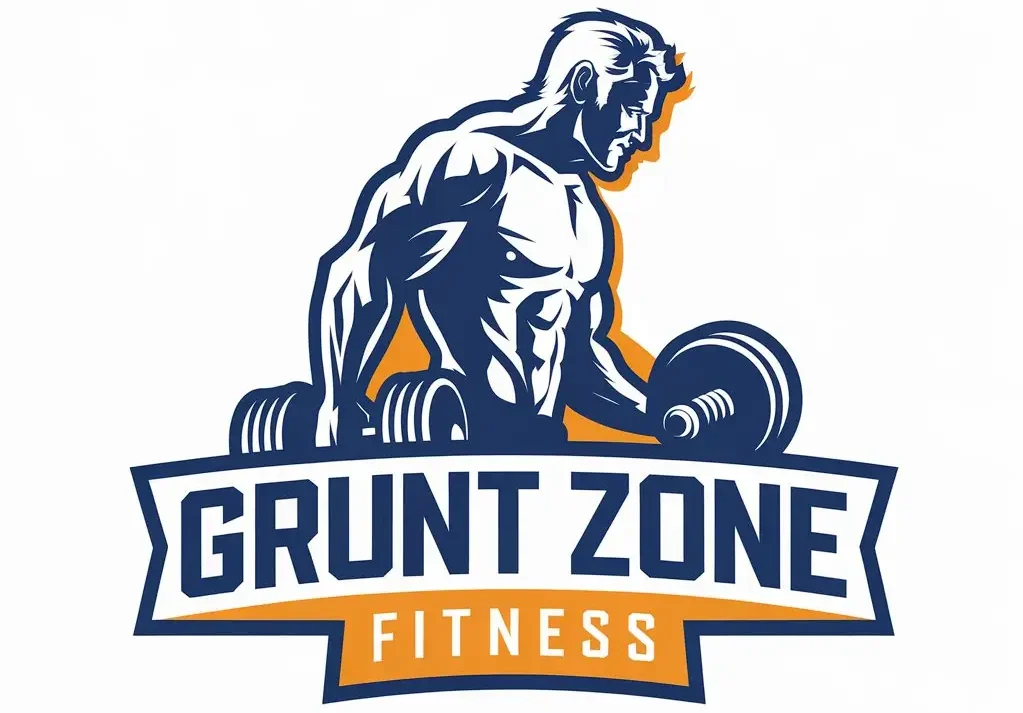
Navigating fat loss for those over 50 can be uniquely challenging, especially as metabolism slows and muscle mass naturally declines with age. In 2024, adults over 50 are increasingly seeking evidence-based, sustainable approaches to weight management after 50. This article explores the latest research, expert recommendations, and actionable strategies tailored to the needs of individuals entering their sixth decade and beyond. Whether you’re looking to boost energy, improve health, or simply feel more confident this summer, these insights will help you make informed decisions for lasting results.
Understanding Age-Related Changes Impacting Fat Loss for Those Over 50
Metabolic Slowdown and Hormonal Shifts
After age 50, the body undergoes significant physiological changes. According to the National Institutes of Health, metabolism slows by about 2% per decade after age 20, making fat loss for those over 50 more challenging. Hormonal changes, such as decreased estrogen and testosterone, can further contribute to increased fat storage and reduced muscle mass. These shifts mean that traditional weight loss methods may not yield the same results as they did in earlier years.
Muscle Loss and Its Impact on Weight Management After 50
Sarcopenia, or age-related muscle loss, accelerates after 50, impacting both strength and metabolism. Dr. Caroline Apovian, a leading obesity specialist at Harvard Medical School, emphasizes, “Preserving muscle is critical for effective fat loss and maintaining independence as we age.” This underscores the importance of integrating resistance training and adequate protein intake into any fat loss plan for those over 50.
Nutrition Strategies for Sustainable Fat Loss Over 50
Prioritizing Protein and Nutrient Density
A balanced diet rich in lean protein, fiber, and healthy fats is essential for weight management after 50. Research published in the Journal of Nutrition (2023) found that adults over 50 who consumed at least 1.2 grams of protein per kilogram of body weight daily experienced greater fat loss and muscle retention than those with lower protein intake. Incorporate foods like fish, poultry, legumes, and Greek yogurt to support muscle health and satiety.
- Choose whole grains over refined carbs to stabilize blood sugar.
- Include colorful vegetables and fruits for antioxidants and fiber.
- Limit added sugars and processed foods, which can hinder fat loss.
Mindful Eating and Portion Control
Mindful eating—paying attention to hunger cues and savoring meals—can help prevent overeating. Using smaller plates, tracking meals, and planning snacks are practical ways to manage portions. These habits are especially important as caloric needs decrease with age.
Exercise Approaches Tailored to Adults Over 50
Combining Resistance Training and Cardiovascular Activity
The most effective fat loss strategies for those over 50 combine resistance training with moderate-intensity cardio. The American College of Sports Medicine recommends at least two strength sessions and 150 minutes of aerobic activity weekly for adults over 50. Examples include brisk walking, swimming, and bodyweight exercises. Resistance training not only burns calories but also preserves lean muscle, which is crucial for long-term weight management after 50. Check out our article on “How to Start Bodybuilder after 50“
Flexibility, Balance, and Recovery
Incorporating flexibility and balance exercises, such as yoga or tai chi, can reduce injury risk and support overall mobility. Prioritizing rest and recovery is equally important, as older adults may need more time to heal between workouts. Listen to your body and adjust intensity as needed—consistency is more important than intensity for sustainable fat loss.
Overcoming Common Challenges and Setting Realistic Goals
Addressing Plateaus and Staying Motivated
Many adults over 50 encounter weight loss plateaus despite their best efforts. This is normal; bodies adapt to new routines over time. To break through, consider varying your exercise regimen, reassessing caloric intake, or consulting a registered dietitian for personalized guidance. Setting small, achievable goals—such as losing 5% of body weight or walking an extra 10 minutes daily—can boost motivation and confidence.
Managing Health Conditions and Medication Effects
Chronic conditions like diabetes, arthritis, or thyroid disorders can complicate fat loss for those over 50. Certain medications may also affect metabolism or appetite. Always consult with your healthcare provider before starting a new weight management program to ensure safety and address any underlying issues.
Conclusion: Sustainable Fat Loss for Those Over 50 in 2024
Achieving and maintaining fat loss for those over 50 requires a holistic, individualized approach that adapts to age-related changes and lifestyle needs. By focusing on nutrient-dense eating, regular strength and aerobic exercise, and mindful habits, adults can overcome common barriers and enjoy improved health and vitality. Remember, progress may be gradual, but every positive change counts. Consult with healthcare professionals for tailored advice, and embrace the journey toward a healthier you this June and beyond.


Leave a Reply